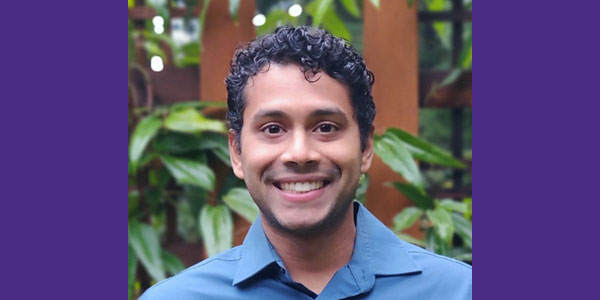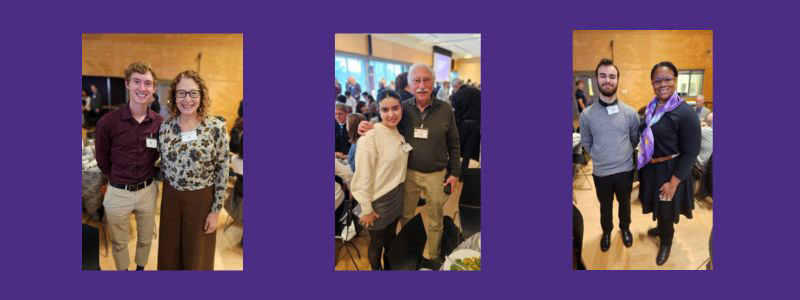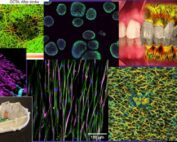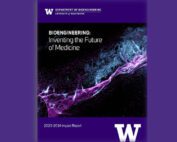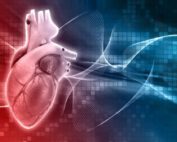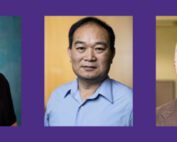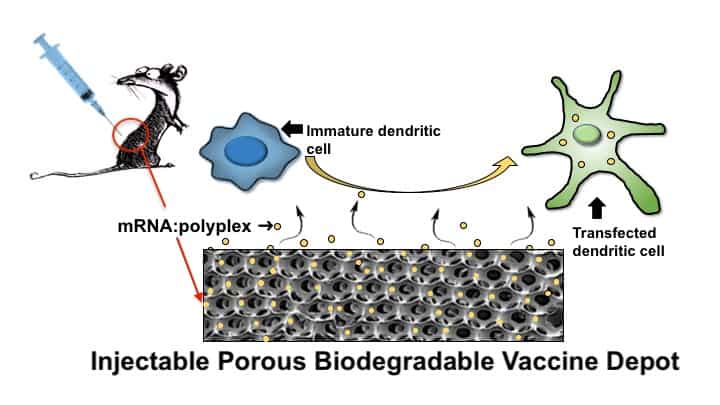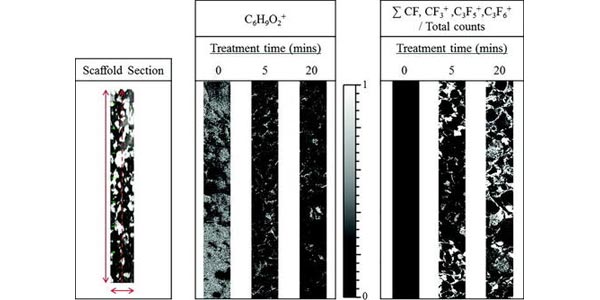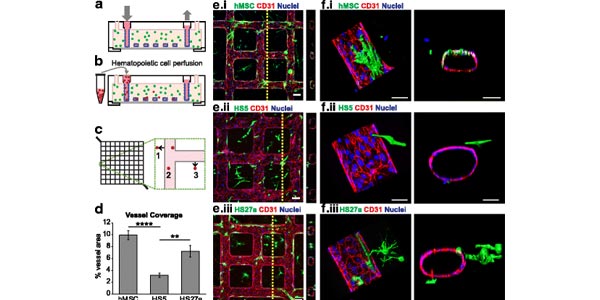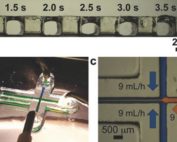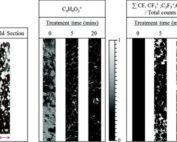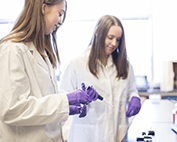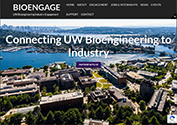UW Bioengineering
Fast Facts
News and Events
Nishant Velagapudi – From Capstone to CTO
Alumnus Nishant Velagapudi shared his experience at an AI-based medtech company with 2025 capstone students
Events
Amy Orsborn and Elizabeth Wayne selected to the Inaugural AIMBE Emerging Leaders Cohort
UW Bioengineering celebrates the selection of Amy Orsborn and Elizabeth Wayne to the inaugural cohort of the AIMBE Emerging Leaders Program.
Honoring the impact of generosity at the Scholar Donor Celebration Luncheon
The College of Engineering recently hosted its annual Scholar Donor Celebration Luncheon to honor the achievements of students and to thank the generous donors
BioEngage hosts fall mixer, launches industry job & internship program
This fall, UW BioEngage continued its mission of connecting UW Bioengineering trainees and faculty with the biotech and medical device industries.
News & Events
Featured Publications
Injectable Biodegradable Chitosan-Alginate 3D Porous Gel Scaffold for mRNA Vaccine Delivery
https://onlinelibrary.wiley.com/doi/full/10.1002/mabi.201800242 Jingxuan Yan, Ruying Chen, Hong Zhang, James D. Bryers. Macromol Biosci. 2019 Feb;19(2):e1800242. doi: 10.1002/mabi.201800242. Abstract: [...]
Time of flight secondary ion mass spectrometry—A method to evaluate plasma-modified three-dimensional scaffold chemistry
Research Associate Professor Lara Gamble and colleagues report on a technique for characterizing the distribution and composition of chemical species through complex porous scaffolds. This approach could be widely applicable for ToF-SIMS analysis of scaffolds modified by multiple plasma processing techniques as well as alternative surface modification approaches.
Engineering a multicellular vascular niche to model hematopoietic cell trafficking
Assistant Professor Ying Zheng and colleagues developed an engineered human vascular marrow niche to examine the three-dimensional cell interactions that direct hematopoietic cell trafficking. The platform provides a tool to advance study of the interactions between endothelial cells, marrow-derived fibroblasts and hematopoeitic cells that comprise the marrow vascular niche, and has potential for use in testing therapeutics and personalized medicine.



